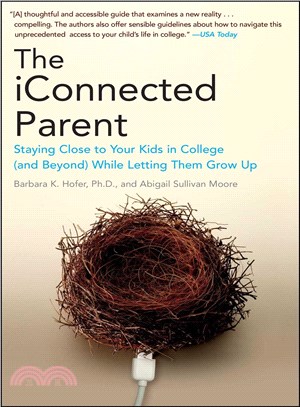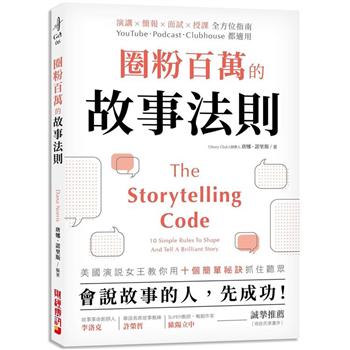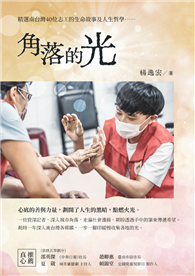| FindBook |
有 1 項符合
The Iconnected Parent: Staying Close to Your Kids in College (And Beyond) While Letting Them Grow Up的圖書 |
 |
The iConnected Parent 作者:Barbara K. Hofer 出版社:Simon & Schuster 出版日期:2011-06-14 規格:22.9*15.2*2.5cm / 平裝 / 272頁 |
| 圖書館借閱 |
| 國家圖書館 | 全國圖書書目資訊網 | 國立公共資訊圖書館 | 電子書服務平台 | MetaCat 跨館整合查詢 |
| 臺北市立圖書館 | 新北市立圖書館 | 基隆市公共圖書館 | 桃園市立圖書館 | 新竹縣公共圖書館 |
| 苗栗縣立圖書館 | 臺中市立圖書館 | 彰化縣公共圖書館 | 南投縣文化局 | 雲林縣公共圖書館 |
| 嘉義縣圖書館 | 臺南市立圖書館 | 高雄市立圖書館 | 屏東縣公共圖書館 | 宜蘭縣公共圖書館 |
| 花蓮縣文化局 | 臺東縣文化處 |
|
|
圖書介紹 - 資料來源:博客來 評分:
圖書名稱:The Iconnected Parent: Staying Close to Your Kids in College (And Beyond) While Letting Them Grow Up
內容簡介
"Just let go!" That’s what parents have been told to do when their kids go to college. But in our speed-dial culture, with BlackBerries and even Skype, parents and kids are now more than ever in constant contact. Today’s iConnected parents say they are closer to their kids than their parents were to them—and this generation of families prefers it that way. Parents are their children’s mentors, confidants, and friends—but is this good for the kids? Are parents really letting go—and does that matter?Dr. Barbara Hofer, a Middlebury College professor of psychology, and Abigail Sullivan Moore, a journalist who has reported on college and high school trends for the New York Times, answer these questions and more in their groundbreaking, compelling account of both the good and the bad of close communication in the college years and beyond. An essential assessment of the state of parent-child relationships in an age of instant communication, The iConnected Parent goes beyond sounding the alarm about the ways many young adults are failing to develop independence to describe the healthy, mutually fulfilling relationships that can emerge when families grow closer in our wired world.Communicating an average of thirteen times a week, parents and their college-age kids are having a hard time letting go. Hofer’s research and Moore’s extensive reporting reveal how this trend is shaping families, schools, and workplaces, and the challenge it poses for students with mental health and learning issues. Until recently, students handled college on their own, learning life’s lessons and growing up in the process. Now, many students turn to their parents for instant answers to everyday questions. "My roommate’s boyfriend is here all the time and I have no privacy! What should I do?" "Can you edit my paper tonight? It’s due tomorrow." "What setting should I use to wash my jeans?" And Mom and Dad are not just the Google and Wikipedia for overcoming daily pitfalls; Hofer and Moore have discovered that some parents get involved in unprecedented ways, phoning professors and classmates, choosing their child’s courses, and even crossing the lines set by university honor codes with the academic help they provide. Hofer and Moore offer practical advice, from the years before college through the years after graduation, on how parents can stay connected to their kids while giving them the space they need to become independent adults.Cell phones and laptops don’t come with parenting instructions. The iConnected Parent is an invaluable guide for any parent with a child heading to or already on campus.
|









